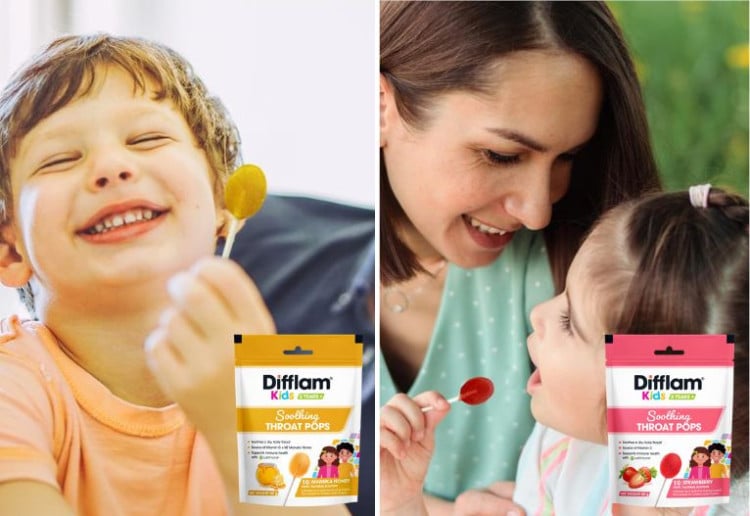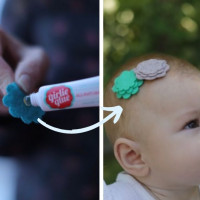New recommendations published in a new study found in the American Journal of Public Health advise the supplementation of vitamin D in children’s diets.
The study from researchers at St.Michael’s Hospital in Toronto, found that breastfeeding kids, even if they are eating solid foods, are at an increased risk of developing soft and weak bones due to a lack of vitamin D.
Whilst the World Health Organisation recommends mothers breastfeed exclusively for the first six months of a baby’s life, it has been found that breastmilk alone does not provide infants with enough vitamin D to keep them healthy. In fact, breast milk has been found to typically provide just 25 IU (international units) of vitamin D per litre.
Based on this information, the American Academy of Paediatrics currently recommends all breastfed infants receive a minimum of supplemented 400 IU of vitamin D each day.
Vitamin D is crucial to strengthening bones and helping absorb minerals like calcium, iron, magnesium, phosphate, and zinc. Without it, children risk developing rickets, a condition characterised by muscle weakness, delayed growth and skeletal deformities.
The St.Michael’s Hospital study was focused on the increased risk of bone weakness when children continued to breastfeed after 1 years of age without receiving vitamin D supplements.
Blood samples from 2,500 children aged 1 to 5 years old were examined with the vitamin D levels measured. The study data showed that for every month a child was breastfed after their first birthday, vitamin D deficiency rose by 6 per cent. By the time the child turned 2 years old, they had a 16-percent chance of being deficient. And by age 3, that risk increased to 29 percent.
The researchers found that no normal food had an effect on the vitamin D levels with the children in the study.
Experts currently advise parents to give their babies 400 IU of vitamin D for as long as they’re breastfeeding. Once the baby is weaned, they should receive at least 32 ounces of vitamin D-fortified formula a day.
Image source: Shutterstock





















8:42 pm
9:58 am
8:58 pm
10:27 pm
12:27 pm
11:51 am
11:25 pm
10:53 pm
6:44 pm
3:39 pm
2:34 pm
2:15 pm
1:06 pm
12:44 pm
12:39 pm
- 1
- 2
- »
Post a comment